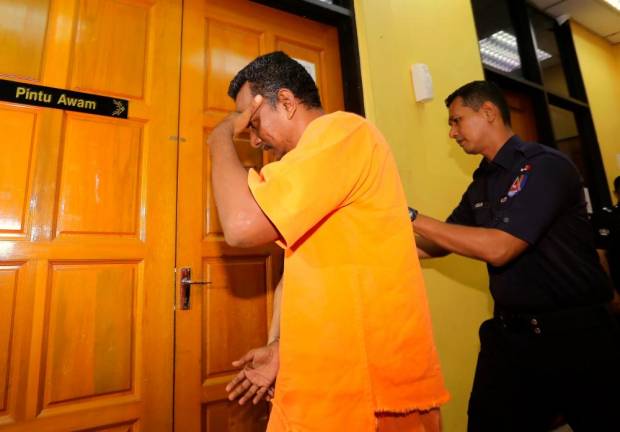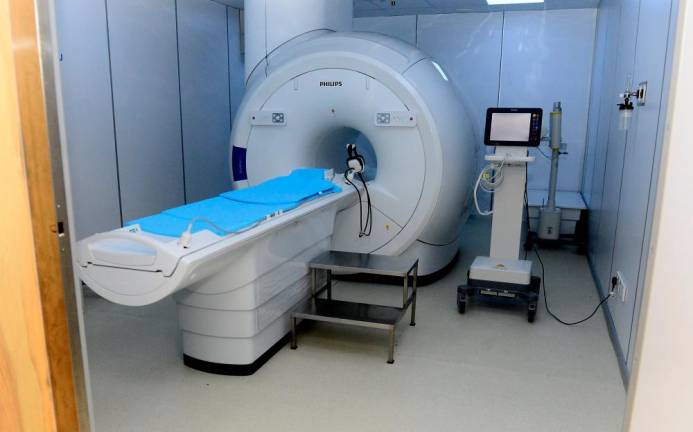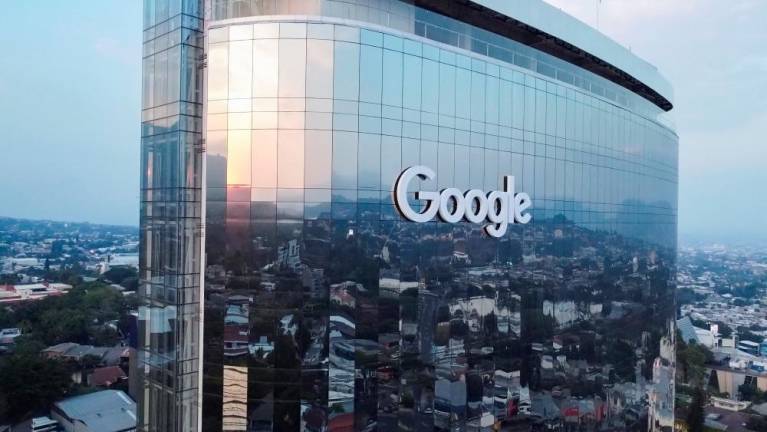INDUSTRY 4.0 is the current buzz word. I am sure many of us would have watched a clip on how machinery is being used to sort parcels efficiently in a sorting centre. The advancement of artificial intelligence, combined with machines, has created robots that can perform tasks far more efficiently than any human. If machinery in the 19th and 20th centuries could be seen as an extension of human abilities, robotics in the 21st century can seen as a replacement of human beings. So, the greatest fear is, advanced automation is going to take away jobs from humans.
Educators are talking about reforming education systems to produce future proof students. But what exactly do we need to do? One thing for sure, in the near future, we will still need a large number of traditional occupations such as doctors, lawyers, teachers, chefs, etc. Currently, the jobs that are replaced by smart robotics are mostly manual and low- to mid-skilled jobs.
To understand what is going to happen in the future, one has to understand the nature of artificial intelligence. IBM completed the petacomputer in 2005 and it was estimated that by 2015 we will have petacomputers that are as powerful as human brains. They will be like humans too! As of today, that has not happened.
There is also talk that self-improving robots have been invented and they are learning fast. The normal programming is to project the human thinking process into the machines so that they will do as they are instructed. Now, machines can be programmed to “think” and to invent themselves! You just need to use simple tools like Google translate to appreciate how far artificial intelligence has progressed. Will fiction come true then?
James Martin talks about a new type of intelligence in his 2006 book, The Meaning of the 21st Century. He called it Non-human-like (NHL) intelligence. The so-called self-improving machines are not thinking exactly like a human but following their own logic; and we have not fully comprehended it yet. He concluded that there will be a great synergy of human and NHL intelligence.
What does he mean? Take for example the job of a statistician. In the past, he helps to compute and process the data and analyses them. Now the job can be done more effectively and efficiently by software such as SPSS. However, do we still need statisticians? Of course, we do, even more so. We need them to analyse and interpret all the big data. What the software can do is to compute according to the formulas and present the analysis according to the formats needed. But it is a human that will instruct the software what to analyse and produce, and more importantly to make sense of the analysis (interpretation). This is what NHL intelligence can never do. So, the statisticians will not lose their jobs but their jobs change.
Take again, the job of a chef. I have visited a food production factory to observe how food is mass prepared. I saw how rice was fried automatically in giant woks. The result is fried rice we are familiar with on airlines ... will you line up for 20 minutes for fried rice at stalls? The guy gets to keep his trade, right?
An interesting friend once told me she painted a painting entitled Rainy Day. It is of a boy looking out of the window. Nowhere in the painting shows rain. Will robots be able to think like her? Will intelligent machines sing like Luciano Pavarotti or like Michael Jackson? To direct movies like Oscar winner Bong Joon-ho? I would challenge any scientist to produce one.
James Martin proposes: “A vital part of 21st-century education will be to develop the broadness, synthesis and, ultimately, wisdom of human thinking and link it to the deep, unfathomable, constantly evolving NHL intelligence. Humans should be made better at what humans are good at, and machines should be made better at what machines are good at. Because these are so different, it is not likely that humans will be replaced by computers in the foreseeable future”. These, to me, are words of wisdom.
Many of those who are unskilled or semi-skilled may risk losing their jobs. The highly skilled humans will keep their jobs, with the help of intelligent machines. Many new type of jobs may emerge. Thus, universal basic education is more vital than ever to prepare us for the new scenario. The ability to learn new things is a vital skill. Yes, learning more technologies is a need. However, the ability to learn to use future technologies is a higher level skill that is even more important. University education will need to change too, but more towards developing the power of those abilities suggested by Martin.
Dr See Hoon Peow is an anthropologist by training and CEO of Berjaya Higher Education Sdn Bhd. Comments: letters@thesundaily.com












